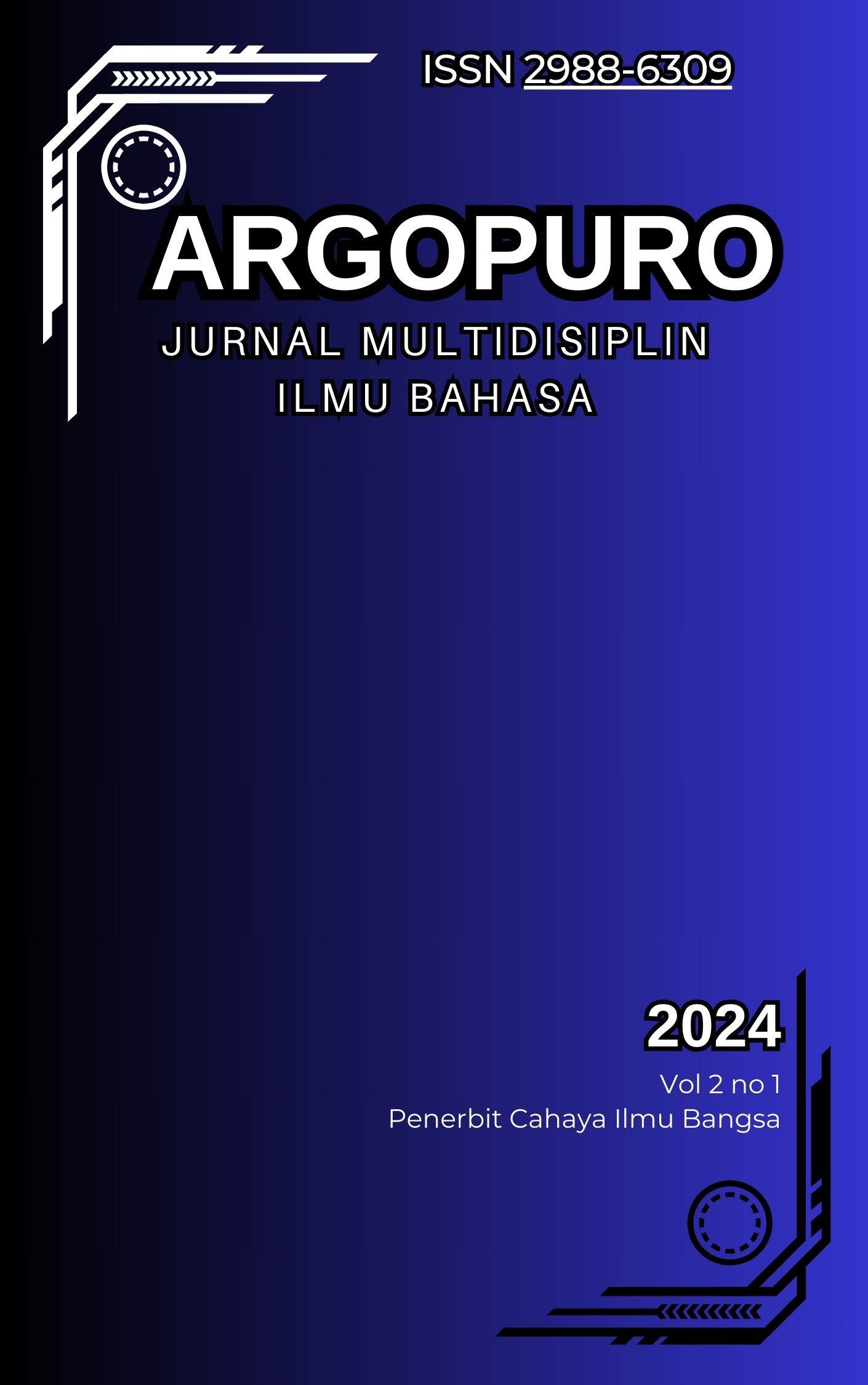THE FOREST AS A MIRROR: ECOCRITICAL READING OF NATURE SYMBOLISM IN YONEZAWA HONOBU'S HYOUKA
Main Article Content
Abstract
This paper offers an ecocritical reading of Yonezawa Honobu's popular light novel Hyouka, specifically delving into its pervasive and multifaceted use of nature symbolism. Beyond its engaging mystery narratives, Hyouka intricately weaves natural elements—such as weather patterns, seasonal changes, varying light conditions, and different forms of water—to profoundly reflect the psychological states of its characters and underscore the narrative's overarching thematic concerns. Employing an ecocritical framework, this study examines how the detailed depiction of nature functions as a mirror for internal conflicts, illuminates the subtle character development (particularly for Houtarou Oreki and Eru Chitanda), and shapes the story’s emotional atmosphere. Through a close textual analysis of pivotal scenes, this research explores how elements like persistent rain, vibrant spring blooms, and obscuring fog transcend mere descriptive backdrops to become powerful symbolic representations of characters’ bewilderment, burgeoning curiosity, profound introspection, and personal growth. The discussion further contextualizes these symbols within their rich Japanese cultural nuances, revealing their deeper implications for the characters’ individual journeys and contributing to a broader understanding of the intricate human-environment relationship depicted in the text. This analysis ultimately concludes that Hyouka masterfully employs nature symbolism to enrich its narrative depth, offering a nuanced perspective on the complex interplay between human psychology and the natural world, a significant contribution for a work within the realm of popular fiction.
Keywords: Hyouka, Ecocriticism, Nature Symbolism, Yonezawa Honobu, Japanese Literature, Character Psychology.
